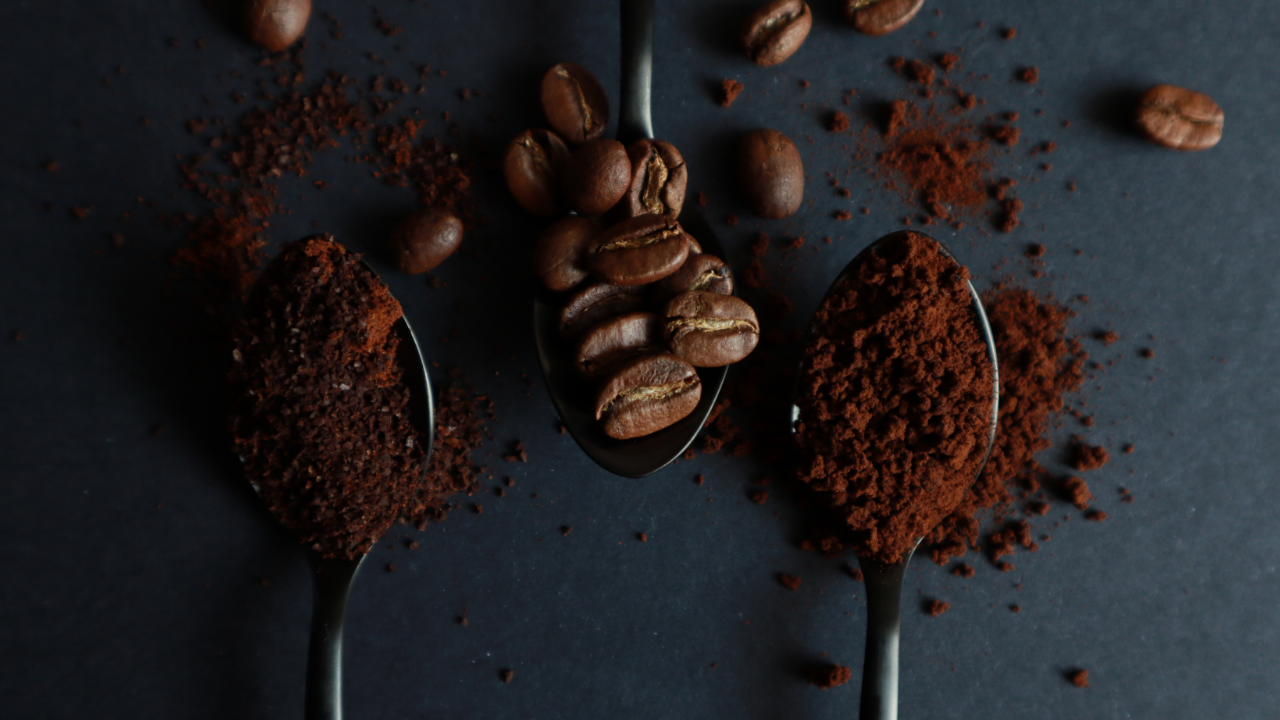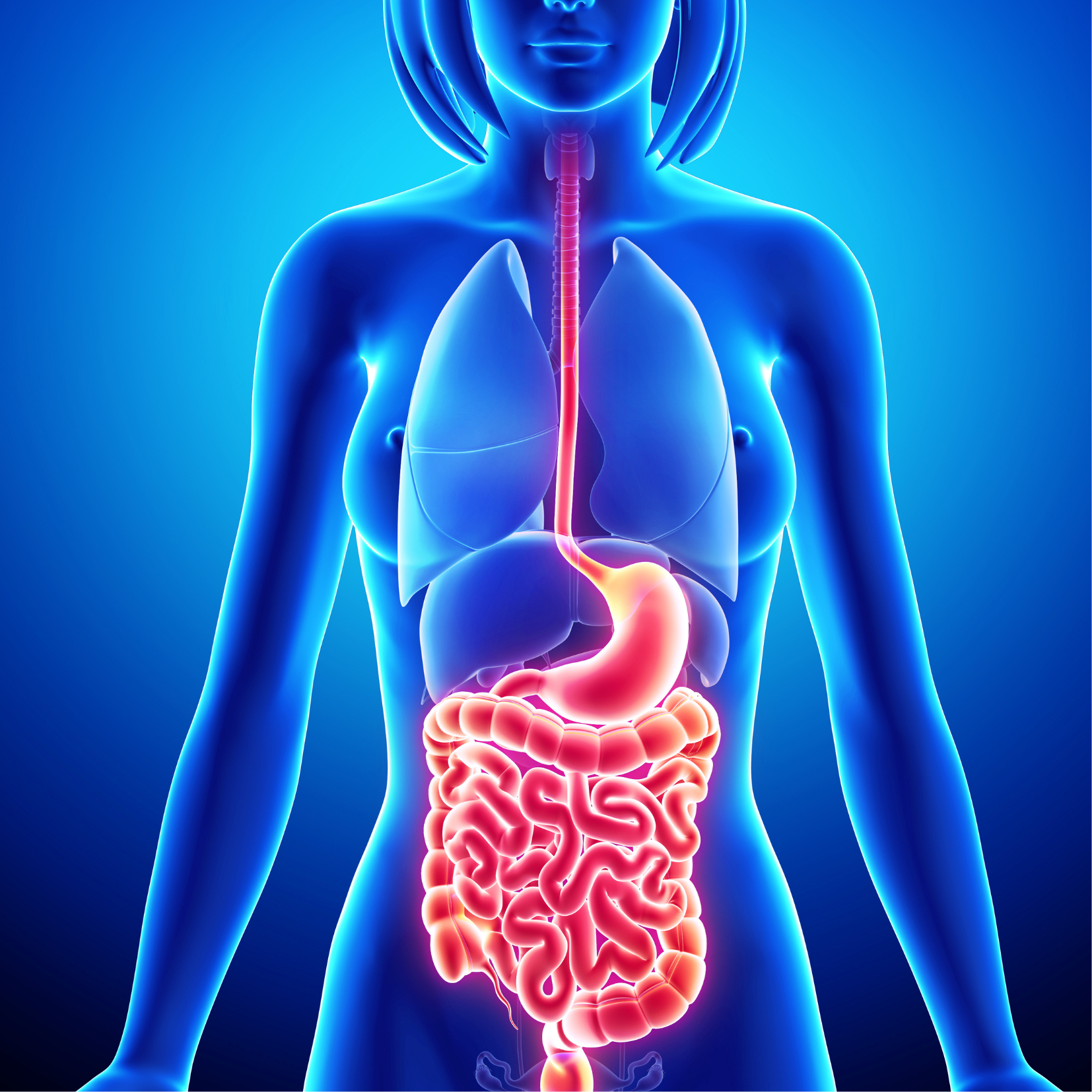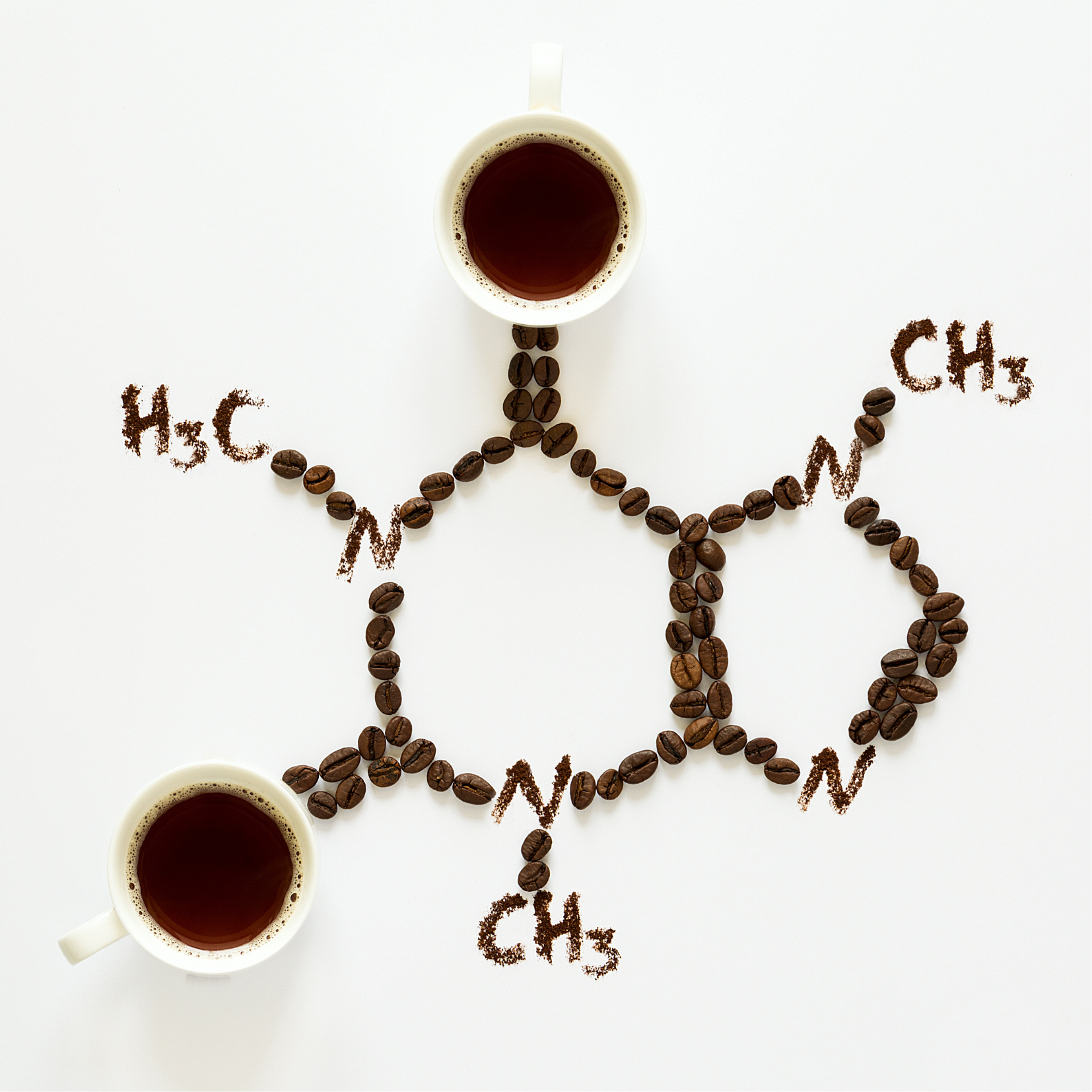Exploring the Link Between Xanthine and Caffeine in Gut Inflammation: Insights from Scientific Research
Jul 08, 2023
Xanthine and caffeine are two intriguing compounds that have captured the attention of researchers and caffeine enthusiasts alike. Recent scientific studies, such as the groundbreaking research conducted by Jinzhi Duan, Juan D. Matute, Lukas W. Unger, and their team, titled "Endoplasmic reticulum stress in the intestinal epithelium initiates purine metabolite synthesis and promotes Th17 cell differentiation in the gut," published in Immunity (DOI: 10.1016/j.immuni.2023.02.018), shed light on the role of xanthine and its connection to caffeine metabolism in the gut. In this comprehensive and SEO-optimized blog post, we will delve into the fascinating world of xanthine and caffeine, exploring their functions, benefits, and their impact on gut health.
Understanding Xanthine and Caffeine:

Xanthine is a naturally occurring purine base found in various plant and animal tissues. It serves as a precursor in the biosynthesis of caffeine, a well-known stimulant that is consumed worldwide in the form of coffee, tea, and other caffeinated beverages.
Caffeine, on the other hand, is a methylxanthine alkaloid known for its stimulant properties. It acts as a central nervous system stimulant, helping to increase alertness and reduce fatigue.
The Link Between Xanthine and Caffeine in the Gut:
 The gut plays a critical role in the metabolism and breakdown of xanthine and caffeine. When consumed, caffeine is absorbed into the bloodstream and eventually reaches the liver, where it undergoes various metabolic processes, including the conversion of xanthine into caffeine.
The gut plays a critical role in the metabolism and breakdown of xanthine and caffeine. When consumed, caffeine is absorbed into the bloodstream and eventually reaches the liver, where it undergoes various metabolic processes, including the conversion of xanthine into caffeine.
 The enzyme xanthine oxidase, present in the liver and other tissues, facilitates the conversion of xanthine into caffeine through a series of enzymatic reactions. This process involves the addition of three methyl groups to the xanthine molecule, resulting in the formation of caffeine.
The enzyme xanthine oxidase, present in the liver and other tissues, facilitates the conversion of xanthine into caffeine through a series of enzymatic reactions. This process involves the addition of three methyl groups to the xanthine molecule, resulting in the formation of caffeine.
Benefits of Xanthine and Caffeine in the Gut:
1. Energy Boost: Caffeine, derived from xanthine, acts as a stimulant, promoting alertness and reducing feelings of fatigue. It can provide a temporary energy boost, helping individuals stay focused and alert.
2. Enhanced Cognitive Function: Studies have shown that caffeine consumption can improve cognitive function, including memory, attention, and overall mental performance.
3. Gut Motility: Caffeine has been found to stimulate gut motility, aiding in the movement of food through the digestive system. This can be particularly beneficial for individuals experiencing constipation.
4. Antioxidant Properties: Xanthine, as well as caffeine, exhibits antioxidant properties, which can help reduce oxidative stress and inflammation in the gut.
5. Potential Therapeutic Applications: Research suggests that xanthine derivatives, including caffeine, may have therapeutic potential in various gut-related disorders, such as inflammatory bowel disease (IBD) and gut inflammation.
Conclusion:
The research conducted by Duan, Matute, Unger, and their colleagues provides valuable insights into the role of xanthine and caffeine metabolism in the gut. Xanthine serves as a precursor for the synthesis of caffeine, a popular stimulant known for its energy-boosting properties. Understanding the link between xanthine and caffeine opens up new avenues for exploring their potential benefits in gut health and therapeutic applications.
Disclaimer: It is important to consume xanthine and caffeine in moderation and consider individual tolerance levels. If you have any underlying health conditions or concerns, it is recommended to consult with a healthcare professional.
References:
Jinzhi Duan, Juan D. Matute, Lukas W. Unger, Thomas Hanley, Alexandra Schnell, Xi Lin, Niklas Krupka, Paul Griebel, Conner Lambden, Brandon Sit, Joep Grootjans, Michal Pyzik, Felix Sommer, Sina Kaiser, Maren Falk-Paulsen, Helmut Grasberger, John Y. Kao, Tobias Fuhrer, Hai Li, Donggi Paik, Yunjin Lee, Samuel Refetoff, Jonathan N. Glickman, Adrienne W. Paton, Lynn Bry, James C. Paton, Uwe Sauer, Andrew J. Macpherson, Philip Rosenstiel, Vijay K. Kuchroo, Matthew K. Waldor, Jun R. Huh, Arthur Kaser, Richard S. Blumberg. Endoplasmic reticulum stress in the intestinal epithelium initiates purine metabolite synthesis and promotes Th17 cell differentiation in the gut. Immunity, 2023; DOI: 10.1016/j.immuni.2023.02.018





